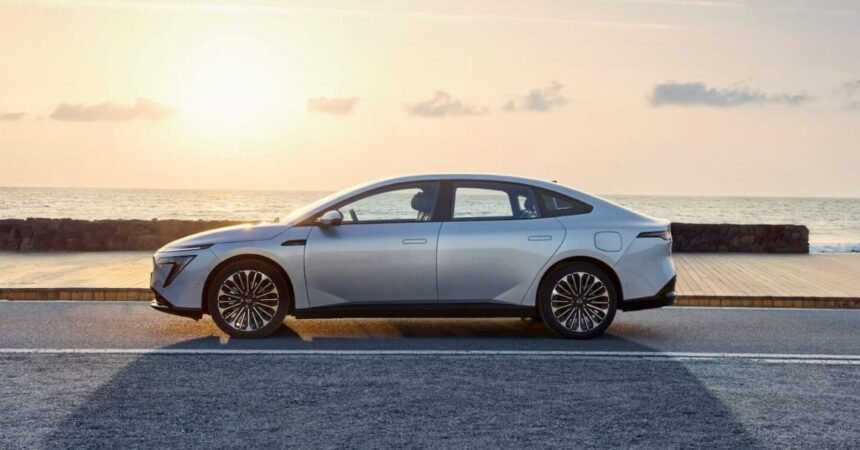Nissan Scraps Plans for New EV Battery Plant in Japan
Nissan, the Japanese automaker, is facing challenges as it strives to turn the company around. In a recent announcement, Nissan revealed that it will no longer move forward with plans to build a new plant in Japan that was intended to produce lithium iron phosphate (LFP) batteries. This decision is a part of Nissan’s efforts to explore all options to improve its performance and align its strategies with market demands.
The now-abandoned plans for the EV battery plant in Japan had received approval from the Ministry of Economy, Trade, and Industry (METI) in September. The facility was supposed to play a crucial role in reducing EV battery costs and enhancing Nissan’s competitiveness in the market. However, as Nissan faces challenges in key markets like China and North America, the company is reevaluating its investments and strategies.
The new LFP plant was expected to enable Nissan to reduce EV battery costs significantly, with an annual production capacity of up to 5 GWh. This reduction in costs would have been vital for Nissan to stay competitive and meet the growing demand for electric vehicles. However, with weaker sales and the prospect of a significant net loss for the fiscal year, Nissan has decided to pivot its focus and rethink its approach to EV battery production.
Despite the setback with the abandoned plans for the new EV battery plant, Nissan is gearing up for the launch of the next-generation LEAF in the US and Canada later this year. The updated LEAF promises significant range improvements and a new crossover-like design. Additionally, the new LEAF will feature a native NACS port for access to Tesla Superchargers, further enhancing the user experience for Nissan EV owners.
As Nissan navigates through its turnaround efforts, the decision to scrap the plans for the LFP battery plant underscores the challenges the company is facing in the rapidly evolving EV market. With competitors like BYD gaining traction and threatening traditional Japanese automakers, Nissan will need to reassess its strategies and investments to stay relevant and competitive in the electric vehicle industry.







